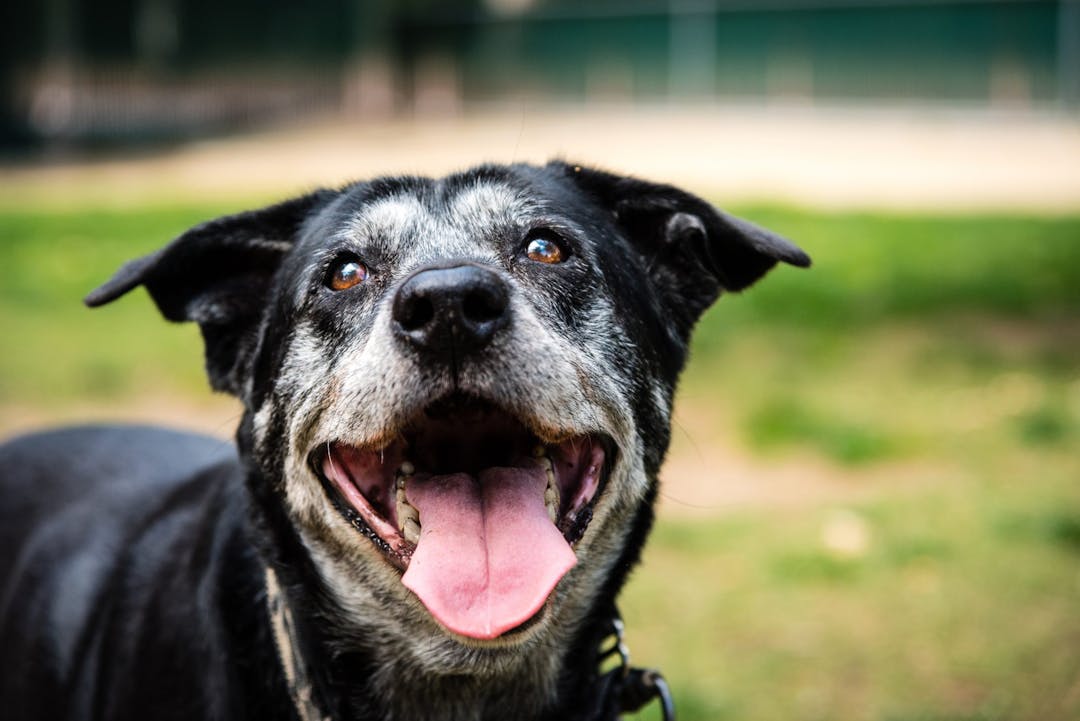Pets are part of our families. And we want them to live with us forever. Unfortunately, pets have much shorter lives than we do – so it’s our responsibility to care for them as they age. Cats and dogs are generally considered “seniors” at seven years of age. Large breed dogs have shorter lifespans, so they become seniors a year or two earlier.
Most common ailments in senior pets
As pets age, they develop conditions that are also common in humans, like arthritis, obesity and cancer. The following are the top conditions you should be on the lookout for in your aging pet.
For dogs, look out for:
-
- Hearing and/or vision loss
- Joint problems
- Dementia or cognitive dysfunction
- Cancer
- Heart problems
- Obesity
- Gastrointestinal issues or incontinence
- Kidney issues
For cats, look out for:
-
- Kidney disease
- Heart disease
- Diabetes
- Arthritis
- Hyperthyroidism
- Dental disease
- Cancer
While most of these conditions cannot be cured, there are many effective treatments to help your pet live a long, happy and dignified life.
Signs of aging in pets
Some signs of aging can be obvious, like cloudy eyes or excessive vocalization. Other signs may be less noticeable, like hearing loss. Here are some common signs to watch out for that signal your pet is aging.
- Lower energy levels and mobility
- Weight loss/gain
- Bad breath
- Increased vocalization, like meowing or yowling
- Vision loss/cloudy eyes
- Hearing loss
- Increased thirst
- Incontinence/inappropriate urination
- Changes in overall temperament

Engaging your senior pet physically and mentally
As pets age, and their bones and joints wear down, so too does their energy. The more active you can keep your pet, the better. Exercise is key to keeping your pet limber. If you have stairs in your home, have your pet climb the stairs for a treat. But be careful not to overdo treats as it can lead to obesity, which is another condition that affects seniors. Exercise and play with your pet – just recognize that play sessions should be less intense and of a shorter duration.
Your pet’s mental capacity also needs stimulation. Use puzzle feeders and other toys to keep your pet engaged and happy. Change up their environment and be sure to spend quality time with them. The quality of your daily interactions can have a positive impact on your pet’s mental health (and yours too!)
Environmental considerations
Your aging dog or cat may have been rambunctious and fearless in their younger days. Your cat, for example, may not realize that they aren’t capable of jumping five feet up, or jumping down off of a tall object. Doing so could lead to muscle sprains and other damage.
Take a proactive approach and make life easier for your aging pet by adding accommodations to their environment. Consider making adjustments such as the following:
- Add stairs or a ramp to help your pet get in and out of the SUV (or even your bed).
- Purchase cat trees and scratching posts that are shorter and don’t require as much climbing and jumping.
- Adjust the thermostat to keep your home warmer
- Provide a self-warming bed or place to sleep
- Ensure the litter box is accessible and not difficult to enter or exit
- Lower or raise food bowls so that your pet doesn’t have to stretch to reach them
- “Baby proof” your furniture and home so that your pet doesn’t bump into sharp corners or trip, slip and/or fall down stairs or other surfaces
It can be really difficult to watch your pet age. But as a loving pet parent committed to a lifetime of care, there’s a lot you can do to help your pet age gracefully. For any questions or concerns about your aging pet, Airvet is here to help answer your questions 24/7/365. Download the Airvet app today.






